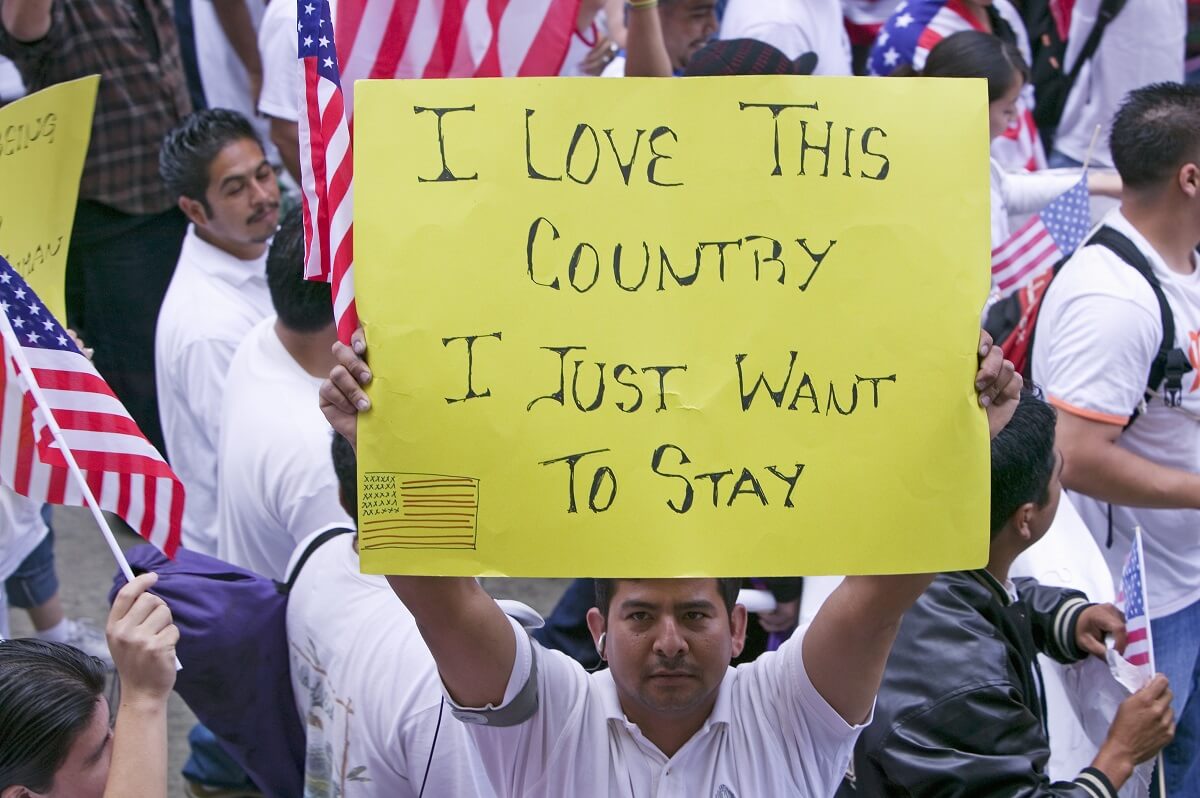
The journey to higher education can be particularly challenging for undocumented students in the United States. However, with determination, the right information, and support, undocumented students can access and thrive in college. This article provides an overview of the current landscape, practical advice on making college education feasible, and insights into future opportunities.
Overview and Statistics
In fact, undocumented students are a sizable part of the U.S. educational system. According to the Migration Policy Institute, an estimated 98,000 undocumented students graduate from U.S. high schools each year. Many of these students aspire to continue their education, but they also face unique barriers related to their immigration status.
Despite these challenges, approximately 427,000 undocumented students are enrolled in postsecondary education, as reported by the New American Economy. These students are enrolled in various institutions, including community colleges, public universities, and private colleges, contributing to the diverse academic community.
Costs: Making College Education Feasible
One of the most pressing issues for undocumented students is financing their education. Here are several ways to make college more affordable and accessible:
State Financial Aid and Tuition Policies
Several states have enacted policies that allow undocumented students to pay in-state tuition rates and access state financial aid. For example, California's AB 540 law allows eligible undocumented students to pay in-state tuition at public colleges and universities. Additionally, states like Texas and New York offer similar benefits.Private Scholarships
Numerous private organizations offer scholarships specifically for undocumented students. Websites such as TheDream.US and Golden Door Scholars provide substantial financial support to help cover tuition and other expenses. It's essential to research and apply for these scholarships early.Institutional Aid
Many colleges and universities offer institutional aid to undocumented students. Check with the financial aid office at the schools you are interested in to explore available options. Some institutions have dedicated funds or grants for undocumented students.Work Opportunities
While traditional employment opportunities may be limited, undocumented students can explore internships, and freelance jobs that align with their career goals. However, this may be more accessible for students with a grant of DACA and an EAD. Participating in paid internships can provide valuable experience and financial support.
Attending community college first can significantly reduce the cost of a 4-year degree by offering lower tuition rates for general education courses. It allows students to explore different fields before committing to a major, provides smaller class sizes for personalized learning, and offers flexible schedules. Transferring credits to a 4-year university afterward can lead to substantial savings, making higher education more affordable and accessible.
Applying to College as an Undocumented Student
Navigating the college application process can be daunting, but understanding your rights and available resources can make a significant difference:
College Admissions Policies
Many colleges and universities have policies to protect the confidentiality of undocumented students. Be honest about your immigration status on applications, as this information is often used to provide appropriate support and resources.Undocumented Student Programs
Some institutions have dedicated programs and offices to support undocumented students. These programs offer academic advising, legal services, and community-building activities. Reach out to these programs for guidance and support.Legal Support
Organizations such as the Mexican American Legal Defense and Educational Fund (MALDEF) and United We Dream provide legal advice and resources for undocumented students. They can help you understand your rights and navigate the college application process.
Why Education Matters
Education is a powerful tool for personal and professional growth. For undocumented students, obtaining a college degree can open doors to new opportunities and improve their quality of life. Education provides the knowledge and skills needed to succeed in various careers and contribute to society.
Moreover, education empowers individuals to become advocates for themselves and their communities. By pursuing higher education, undocumented students can help break the cycle of poverty and inspire future generations to do the same.
Should Congress finally pass legislation that provides undocumented youth with a path to legal status, good moral character will likely be an important component of eligibility. Pursuing an education is a positive factor.
Prospects for a Changing Immigration Landscape
The immigration landscape in the United States is continually evolving. While challenges remain, there are reasons to be hopeful about future opportunities for undocumented students:
DACA and Beyond
The Deferred Action for Childhood Arrivals (DACA) program has provided temporary relief and work authorization to many undocumented students. While the future of DACA remains uncertain, advocacy efforts continue to push for more permanent solutions, such as the DREAM Act, which would provide a path to citizenship for eligible undocumented youth.State-Level Initiatives
States continue to introduce and pass legislation that supports undocumented students. These initiatives often focus on expanding access to higher education and financial aid, creating a more inclusive environment for all students.Community Support
Community organizations and advocacy groups play a crucial role in supporting undocumented students. By joining these networks, students can stay informed about changes in policies and opportunities that may affect their educational journey.
Education is Your Power
The path to higher education for undocumented students is filled with obstacles, but it is also paved with opportunities. By understanding your rights, exploring financial aid options, and seeking support from community organizations, you can overcome these challenges and achieve your educational goals. Remember, you are not alone in this journey. Utilize the resources available to you, build a strong support network, and advocate for yourself and others. Your dreams are within reach, and CitizenPath is here to support you every step of the way.
Empower yourself with knowledge, embrace your community, and pursue your dreams with confidence. The future is bright for undocumented students who dare to dream and take action.
How CitizenPath Helps
At CitizenPath, we are dedicated to empowering immigrants and their families at every stage of the U.S. immigration process. Our easy-to-use, affordable service helps you prepare your immigration forms correctly and efficiently. Sign up for our newsletter below to receive free regular tips, updates, and resources tailored to support undocumented students and their families.
CitizenPath provides simple, affordable, step-by-step guidance through USCIS immigration applications. Individuals, attorneys and non-profits use the service on desktop or mobile device to prepare immigration forms accurately, avoiding costly delays. CitizenPath allows users to try the service for free and provides a 100% money-back guarantee that USCIS will approve the application or petition. We provide support for the DACA Application Package (Form I-821D/I-765), Adjustment of Status Package (Form I-485), and several other immigration services.
Want more immigration tips and how-to information for your family?
Sign up for CitizenPath’s FREE immigration newsletter and
SAVE 10%
on our immigration services






